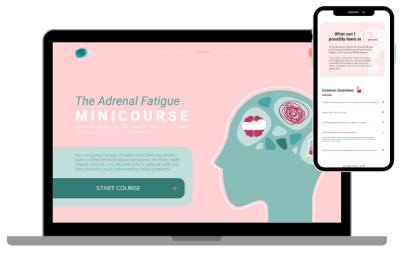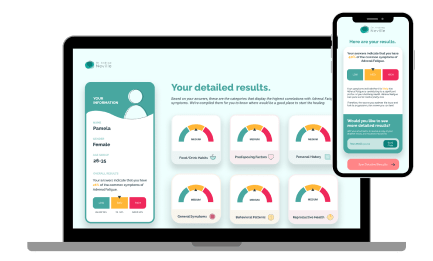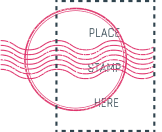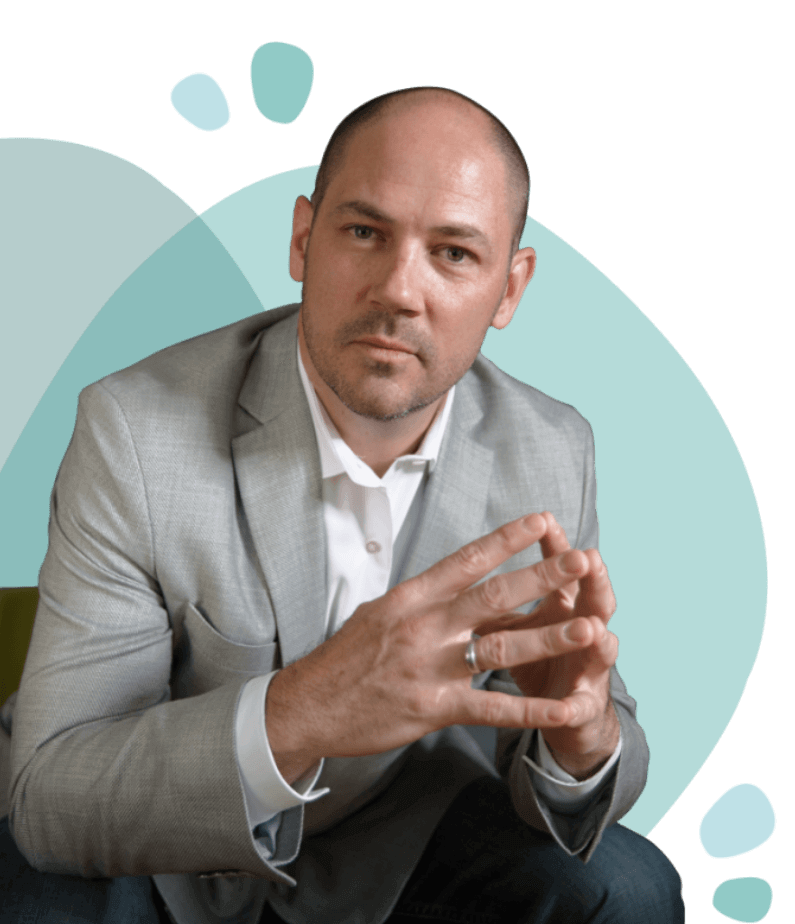Dear Friends of Adrenal Fatigue Patients…
The best way for patients to heal from Adrenal Fatigue is with the support from those closest to them. If your loved one has been assessed to have this ubiquitous, frustrating, and misunderstood condition, this may be the most important letter you ever read.
My clinical, hands-on experience and research prove this to be true. For almost two decades, I have consulted with adrenal patients in my Pennsylvania office, or by phone or video. I am a specialist, and this assessment and treatment is what I do, all day, every day.
Adrenal Fatigue is caused by underlying biochemical fatigue associated with a weakening of one’s stress response system. The imbalance and weakness in the adrenal system cause the signs and symptoms of Chronic Fatigue Syndrome and Fibromyalgia; this connection is well documented by current conventional research.
Adrenal Fatigue sufferers have an imbalance of their stress response system.
Adrenal Fatigue develops because of a combination of genetic vulnerability and enough chronic stress to overwhelm such genetics. This condition takes many years to develop, and the early symptoms are often medicated by well-meaning, yet narrow-minded doctors.
Upon evaluation of their medical history, it’s obvious that my Adrenal Fatigue patients are typically overachievers that have pushed themselves beyond their capacity to adapt to the stressors of life; as a result, they are now underachieving. Ultimately, these maladapted stressors take a toll on the adrenal glands and stress response system and cause this syndrome to proliferate.
These patients often say they’re “okay.” They’re not.
Your loved one has pushed herself and “faked it” for too long; she is suffering from complete burnout.
This burnout is akin to a zebra in the wild running from a cheetah. The natural experience is designed to last less than a minute, after which the zebra curls up and recovers for a few days. Your loved one has been “running from cheetahs” for years—not days—with no respite or recovery.
The primary job of the adrenal glands is to balance the stress response of the individual; they are, however, also the primary control of the immune system, inflammation and pain, blood sugar, as well as many other homeostatic mechanisms in the body.
The strength of the adrenal glands often dictates the energy level. Due to the imbalance in this stress response system, it is imperative that the adrenal patient control and minimize stress of all kinds.
More Sensitive in Every Way
Stress comes in many forms: the mental pressure of a career or from an employer, the loss of a loved one, psychological upset, decision-making, discord within the family, perceived lack of love, etc.
Other stressors include the physical stress of a standard American diet (sugar and processed foods devoid of nutrition), blood sugar imbalance, hormone imbalance, spinal misalignment, and pain.
The origin of the stress is not the real issue; the crux of the issue is what the adrenal patient perceives as stress and the subsequent response that elicits. Adrenal Fatigue patients will have an increased stress response to events that the majority of people handle easily.
Patient Lynne Morgan speaks about Dr. Neville & her experience in our healing program.
This Is What Adrenal Fatigue Feels Like
So that those who do not suffer from Adrenal Fatigue might understand this, I often will propose a simple exercise for emphasis. I will ask that one considers the last close call he had in a car, getting cut off in traffic, for instance.
Now I will ask that he feel that response: feel the blood bound into muscles, heart, and lungs; feel eyes dilate; feel the palpitations; feel the sweat, the queasiness, the sense of fear and panic. I will ask that he then continue to hold on to that experience and add to it the aches, pains, and debilitating fatigue of the last bad flu he had.
If he can imagine this, then he can imagine how it is to be an adrenal patient twenty-four hours a day, seven days a week.
My nearly two decades of experience and thousands of patient interactions have taught me that my patients are not malingerers. There is no greater desire of our patients than to be able to to a fulfilling, active, and productive life. For those reading this letter, you know your loved one not to have a “lazy” bone in his or her body.
If there is a fault with my patients, it is a tendency to force themselves prematurely back into the lifestyle that they enjoyed before developing CFS/Adrenal Fatigue. This tendency to return to “normal” too soon then causes a relapse in their condition.
Time and proper care are needed for recovery. My patients need to make changes in activity judiciously and gradually to prevent any recurrence of their condition and allow space for the neurohormonal system to adapt to each new situation, stress, or demand.
A patient’s greatest wish is to be able to return to a fulfilling, active, and productive life.
In time, I expect my patients to recover completely; however, the degree to which and speed with which patients recover from this condition is quite variable.
I find that the patients who can ultimately attain the most rest and relieve themselves of the most external stress tend to improve the most quickly. As much downtime and respite—and as soon as possible—is warranted.
Friends and family play an incredibly important role in the lives and recovery of adrenal patients. I will reiterate here that it is cumulative stress that tends to get these patients into trouble, and typically not any one stressor; however, on a basic level, friends and family are either alleviating stress or contributing to it, and we must assess which one is occurring.
I continuously counsel my patients to do their best to mitigate or control every possible stress that they can, and this is where we, as friends and family members, can finally help our loved ones.
How You Can Help Your Loved One
We need to do our best to accept, unconditionally, what stress is in the patient’s mind (as ridiculous as those stressors may seem to us at times) and do our best to control this stress.
These stressors can seem inconsequential or innocuous: answering the phone, seeing clutter in the house, attending a get-together with friends, taking a walk, or even the lack of touch from a loved one.
I understand that this concept can be challenging to comprehend fully, but know that this is the rule with adrenal patients.
There is no “one-size-fits-all” approach to healing.
Pushing your loved one to “snap out of it” is not the solution; in fact, it worsens her condition by adding guilt to the mix, a crushing stressor she just can’t handle right now. It’s time for support and understanding, not abandonment and criticism.
A simplistic but appropriate view of this condition is that, in order for healing to take place, treatment of the patient must outpace the stress of the patient; if the patient and I can accomplish this for a long enough period, recovery is possible.
The speed and depth of recovery are directly related to these facets of care:
- Reducing or eliminating external stress
- Pacing themselves, resting, and accepting their limitations
- Getting quality nutrition and following a hypoglycemic diet
- Being steadfast with my treatment protocols
- Receiving support from their loved ones (or disengaging from those who do not give it)
Each person is different, and while the overall nature of the adrenal patient is universal, there is absolutely no “one-size-fits-all” approach to healing. When I work one-on-one with Adrenal Fatigue patients, my treatment plans are individualized for this precise reason.
Specifics of Care for Adrenal Fatigue
Since most of the concepts are new to my patients (or incorrectly managed in the past), a team of support while healing is necessary.
Depending on the patient’s medical history, current symptoms, sensitivity level, diet, social support, and my nuanced assessment of any testing, I may use any or all of the following in the patient’s treatment plan:
Lifestyle
- Providing guidance and tools to help strengthen and foster the patient’s relaxation response.
- Providing outside resources to balance and rest the overworked stress response system.
Natural supplements
- Controlling symptoms by utilizing natural methods with less reliance on pharmaceutical medications if possible.
- Controlling adrenal function by repairing cellular function and appropriate receptor sensitivity with various fatty acids and phospholipids.
- Supporting and rebuilding the adrenals using precursors, vitamins, cofactors, and possibly physiologic bioidentical hormone replacement.
- Replenishing the nutrients lost from chronic, perpetual stress and adrenal hormone output.
- Repairing the general damage done to the body by the adrenal hormones by supplying various antioxidants.
- Supporting and healing the organs that have been damaged over time: immune support, digestive support, ovarian/testicular hormone support, and, possibly, thyroid support.
Diet and Nutrition
- Working on an energy-giving diet.
- Offering personalized dietary recommendations
- Creating the patient’s own best “low stress” nutritional plan.
Support for Adrenal Fatigue Patients
- Being available for the patient throughout the treatment protocol.
- Making it easier for the patient to comply with treatment plans by answering any questions or concerns during treatment.
- Providing maintenance and care after the patient is well.
I hope this letter helps you understand what your loved one is going through daily. Please be patient with them. I urge you to utilize the resources on this site. There are proven ways to help.
Yours in health,
Dr. Andrew Neville
One final note: If your loved one needs help after months (or years) or being sick, I urge you to reach out to my caring staff about my healing programs.
And if you yourself are the Adrenal Fatigue sufferer, I urge you even more so. We’re here for you. If you feel misunderstood or unheard, we provide a safe space on the complimentary call for you to share your situtation and finally get some help.





















